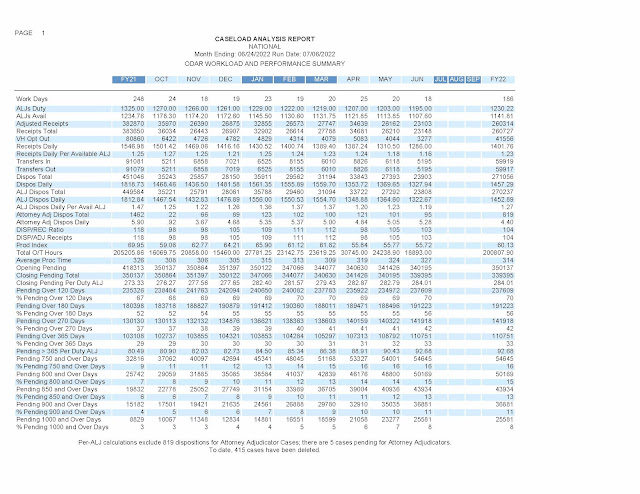From WITF:
It’s been almost 45 years since Kathy Stolz-Silvis was in foster care
in Pennsylvania. Stolz-Silvis was nine when her father died, making her
and her siblings eligible for Social Security survivor benefits. But
she didn’t become aware of those benefits until decades later — after
reading an investigation published by The Marshall Project and NPR.
The report, published last year, found that foster care agencies in
at least 49 states and Washington, D.C., have been applying for Social
Security on behalf of foster youth in their care who are eligible for
death, disability or veterans’ benefits. The agencies often keep the
money, often without notifying the children, their family members or
lawyers. ...
“Out of curiosity, I called them to find out what happened to my
benefits when I was in foster care,” Stolz-Silvis said. “The person on
the other end of the line told me they were not allowed to give me that
information.”
In recent months, The Marshall Project and NPR have heard from dozens of
former foster youth who described similar failed efforts to learn
whether a state or local agency had applied to become their “representative payee,” allowing the agency to receive their federal benefits, a process permitted by federal regulations. ...
In an email, Darren Lutz, a spokesperson for the Social Security
Administration, said that for those inquiring about past benefits: “We
maintain records on the benefits we have paid and can answer their
questions.” ...
Jayden Kiley was 17 and in foster care when her mother died, and she
became eligible for death benefits from Social Security. But for eight
months, between October 2019 and July 2020, she said, nobody told her
about the benefits — or that her mother had even died. She found that
out from a sibling.
“I didn’t know any of this,” Kiley said.
For two years, Kiley tried to get information from Social Security
about her benefits, but she said that a representative told her that
every time she called she was put at the bottom of a waitlist, so she
stopped calling for a while. Eventually she found out the amount due to
her is about $8,500, but said she hasn’t received any of it. ...
In case you're wondering, those who were in foster care are definitely entitled to information on what happened to any Social Security benefits they were entitled to as a minor but they aren't entitled to get the money back if it was paid to a foster care agency unless there was some unusual situation such as a child coming out of foster care but the foster care agency mistakenly continuing to receive payments from Social Security.




